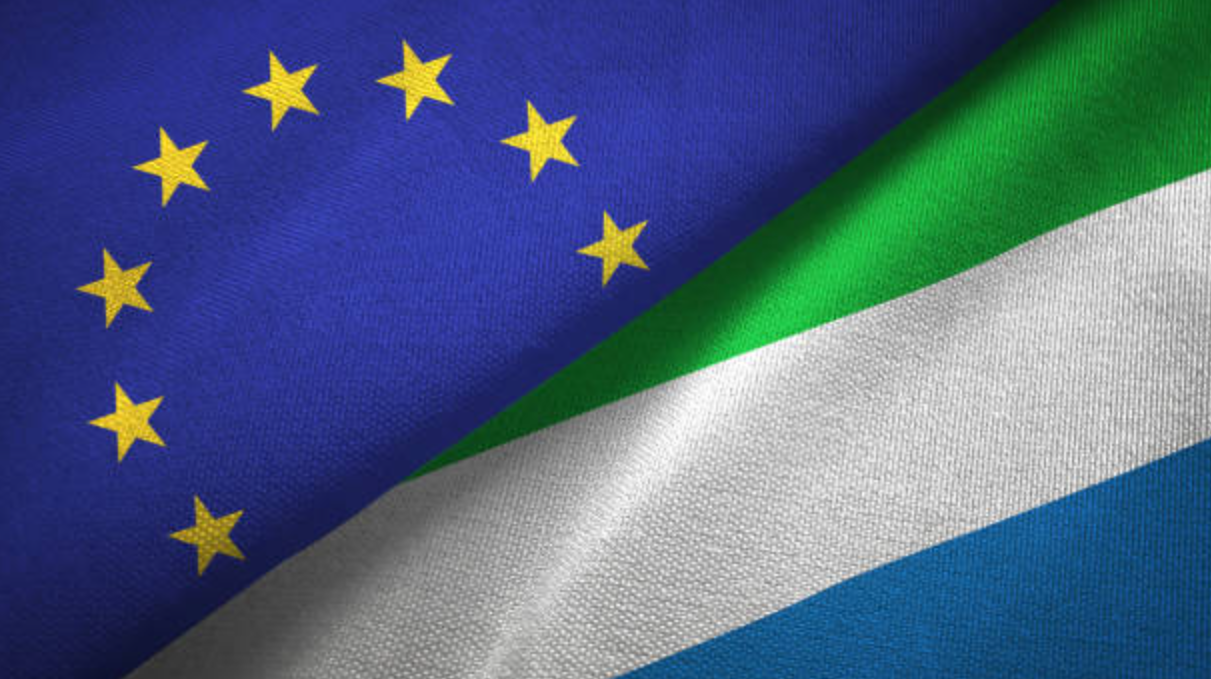The European Union (EU) has placed Nigeria on its 2025 Priority Watch List for serious concerns over intellectual property rights (IPR) enforcement. Nigeria joins China, India, and Türkiye on the list, countries identified as posing significant risks to European businesses due to rampant counterfeiting, piracy, and inadequate legal protections.
In the 2025 EU Report on the Protection and Enforcement of Intellectual Property Rights in Third Countries, Nigeria was cited as a major source of pirated content and counterfeit goods, ranging from pharmaceuticals and software to fashion and electronics. The EU has urged Nigerian authorities to modernize its IP laws and strengthen enforcement mechanisms.
A Closer Look: Why Nigeria Was Flagged
The EU’s report outlined multiple areas where Nigeria’s intellectual property framework falls short:
-
Weak Enforcement: Customs and regulatory bodies are under-resourced and poorly coordinated, leading to unchecked inflows of counterfeit imports.
-
Outdated Legislation: Nigeria’s primary IP laws, including the Copyright Act of 1988 and Trademarks Act of 1965, have not been adequately updated to match global standards.
-
Piracy Hotspot: Nigeria is among the top countries for online piracy in Sub-Saharan Africa, with unlicensed streaming platforms and bootleg content thriving across the country.
-
Counterfeit Medicine and Products: The National Agency for Food and Drug Administration and Control (NAFDAC) has repeatedly warned about fake pharmaceuticals, a threat to public health and international trade.
According to the EU Intellectual Property Office (EUIPO), European companies operating in Nigeria have reported substantial revenue losses and brand erosion, citing lax IP enforcement as a major investment risk.
Economic and Global Implications
Nigeria’s inclusion on the EU’s watch list could have ripple effects across trade, investment, and diplomatic relations. Intellectual property rights are a key condition in trade agreements, and violations often lead to sanctions, tariffs, or reduced foreign investment.
This development comes at a critical time when Nigeria is seeking to expand its exports to European markets under agreements like the EU Economic Partnership Agreement (EPA) and improve its global business image.
If not addressed, the flagging could deter foreign investors, especially in innovation-driven sectors like:
-
Pharmaceuticals
-
Technology
-
Creative arts
-
Agriculture (including patented crop technologies)
“A country that does not protect intellectual property is a country that discourages innovation,” said Dr. Uju Agomoh, a legal expert on IP law at the University of Lagos.
Nigeria’s Creative Industry at Risk
Ironically, Nigeria is a global cultural powerhouse, Nollywood, Afrobeats, fashion, and literature all contribute billions to the economy. Yet the creative sector remains vulnerable due to piracy and a lack of copyright enforcement.
The Nigerian Copyright Commission (NCC) has admitted to limited capacity in monitoring digital piracy, despite ongoing collaboration with global partners. Efforts to amend Nigeria’s Copyright Act have dragged in the National Assembly, leaving stakeholders frustrated.
Afrobeats artists, Nollywood filmmakers, and software developers have all called for stronger IP protections to ensure that creators benefit from their work.
What Nigeria Must Do Next
To move off the EU’s watch list and rebuild investor confidence, Nigeria needs to:
-
Update and harmonize its IP laws with international standards, such as the TRIPS Agreement of the World Trade Organization (WTO).
-
Establish specialized IP courts and train law enforcement to handle cybercrime and piracy cases.
-
Strengthen inter-agency collaboration between customs, police, and regulatory agencies.
-
Launch public awareness campaigns to educate citizens on the importance of intellectual property rights.
The Federal Ministry of Industry, Trade and Investment, in partnership with the World Intellectual Property Organization (WIPO), has hinted at a national IP reform strategy. However, concrete results have yet to materialize.
A Wake-Up Call for Reform
Nigeria’s inclusion on the EU’s intellectual property watch list should not be seen merely as a diplomatic criticism, but as a wake-up call for real reforms. Without proper IP laws and enforcement, Nigeria risks stalling innovation, losing foreign investment, and crippling its own creative industries.
For a country striving to become Africa’s innovation hub, the time to act is now.
Stay updated on economic policy, business, and intellectual property news at Xamblog.com.
Last Updated on May 24, 2025 by kingstar





